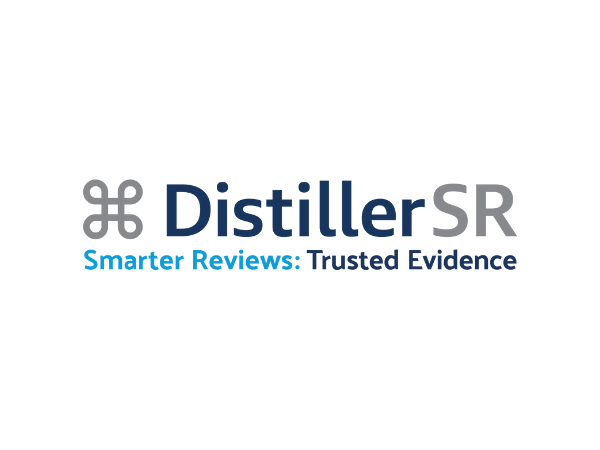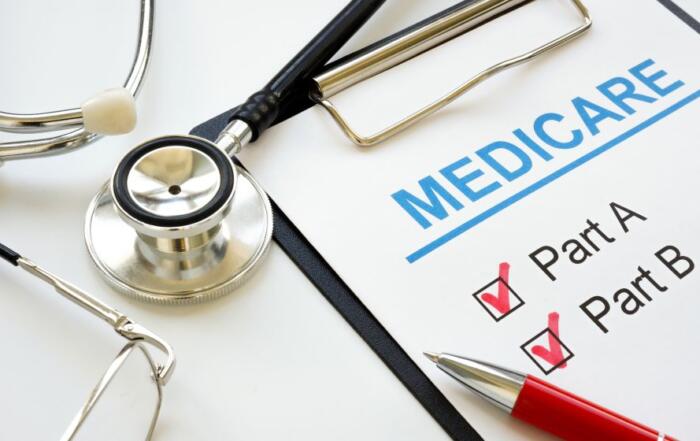Experts provide a deep dive into what Health Technology Assessment (HTA) agencies do and the types of literature reviews they do.
As the focus on evidence-based decision-making in healthcare has increased, the role and scope of Health Technology Assessment (HTA) has evolved. The rising number of new pharmaceuticals, medical devices, and other health innovations, along with their novelty and increasing complexity, have led to an increased demand for assessment. How evidence synthesis fits in with Cost Effectiveness Analysis and Budget Impact Assessment and their current challenges with literature review use to support HTAs is discussed.
Key Topics Include:
- Ensuring speed, accuracy and quality while dealing with information overload and time constraints.
- Employing automation to improve literature reviews and processes.
- The relevance of evidence synthesis.
- What is admissible in terms of AI-enabled technologies for assessments?
Click to watch the webinar recording. To view the presentation full screen simply click the square icon located in the bottom-right corner of the video-viewer.
Resources
Presenters
Director
Consulting Operations
Maple Health Group, LLC
Dr. Chris Waters-Banker is a consultant at Maple Health Group with over a decade of experience in clinical scientific research. She has extensive knowledge in health research methodology across both basic and applied clinical sciences, with expertise in musculoskeletal conditions and immunology.
Assistant Director
Evidence Synthesis & Modeling
Xcenda
Maria Arregui, PhD, is an Assistant Director on the HTA Reviews team at Xcenda. In this role, she supports literature reviews aimed at understanding the clinical and economic burden of disease and helps manufacturers prepare for regulatory and reimbursement submissions using systematic literature review (SLR) and network meta-analysis (NMA) techniques.
Associate Director
Curta Inc.
Dr. Rajshree Pandey is an Associate Director at Curta Inc and serves as the evidence synthesis lead. She has extensive experience in evidence synthesis methods including systematic literature reviews, indirect treatment comparisons, and public health research.
Account Executive
DistillerSR
Lee-Anne Bourke is a librarian with a keen interest in bibliometric trends, literature review methodologies and information management. She joined Evidence Partners in 2021 as an Account Executive. She is passionate about research and is a published author of Cochrane, Campbell and JBI systematic reviews.
President & Founder
The Peeples Collaborative
Patti is a health economist, pharmacist and industry leader with 35 years of experience in health care value, evidence and access.
Production Partner
DistillerSR
DistillerSR automates every stage of the systematic review process for faster and more accurate evidence-based research. More than 300 of the world’s leading pharmaceutical and medical device companies, contract research organizations, governments, NGOs, and academic institutions trust DistillerSR to achieve transparent, audit-ready, and compliant literature reviews.
Additional Content From DistillerSR
Stay Ahead of the Game: Learn How to Conduct an Evidence-Based GVD Faster and Smarter to Improve Market Access
Hear several experts address systematic literature review issues that can negatively affect your Global Value Dossiers (GVDs) and how automation can improve your product's market access.
How Literature Review Automation and Efficient Processes Streamline RWE HEOR Studies
Literature reviews are an essential element in Real World Evidence (RWE) HEOR studies that impact patient care, policy development, and healthcare decision making.
Can Literature Review Automation Improve Healthcare Cost-Effectiveness Analysis and Budget Impact Modeling Outcomes?
Michael Broder, President, PHAR and Jesse Ortendhal, Director of Health Economics, PHAR present on literature review automation in clinic.
Additional Content From HealthEconomics.Com
Partnering with Disease Registries: The Value and Impact for Real-World Evidence Generation
In this webinar, Evidera experts present guidance on why strong connections with registry groups and stakeholder populations are important for generating relevant real-world evidence to advance treatments.
Minimizing the Impact of Cross-Cultural Differences in COA Translations
ICON's COA Linguistic Validation Leaders highlight the importance of Linguistic Validation and how equivalence should be a key focus during the development of Clinical Outcome Assessment translations.
Improving Patient Outcomes: AI-Based Phenotyping for Diagnosis, Treatment, and Clinical Trials
Watch a panel of OM1’s clinical experts in cardiometabolic disease, immunology, and mental health as they explore how Artificial Intelligence (AI) can find phenotypic patterns and unlock insights hidden in real-world data.
Related Content
Medicare Part D: Price Negotiation Panel Discussion
Hear expert panelists bring their perspectives on critical issues around support for Medicare Part D products' fair market prices.
What Every Researcher Needs to Know About Using Medicare Data for Real World Evidence
Join three panelists who provide a practical overview of how and why to use data from Medicare for real world studies.
Finding Value in Linking Real-World Data with Social Determinants of Health
Hear Pamela Landsman-Blumberg and Rick Chapman highlight the importance of SDOH and discuss examples of how claims data and EMR linked with SDOH can inform use cases.













